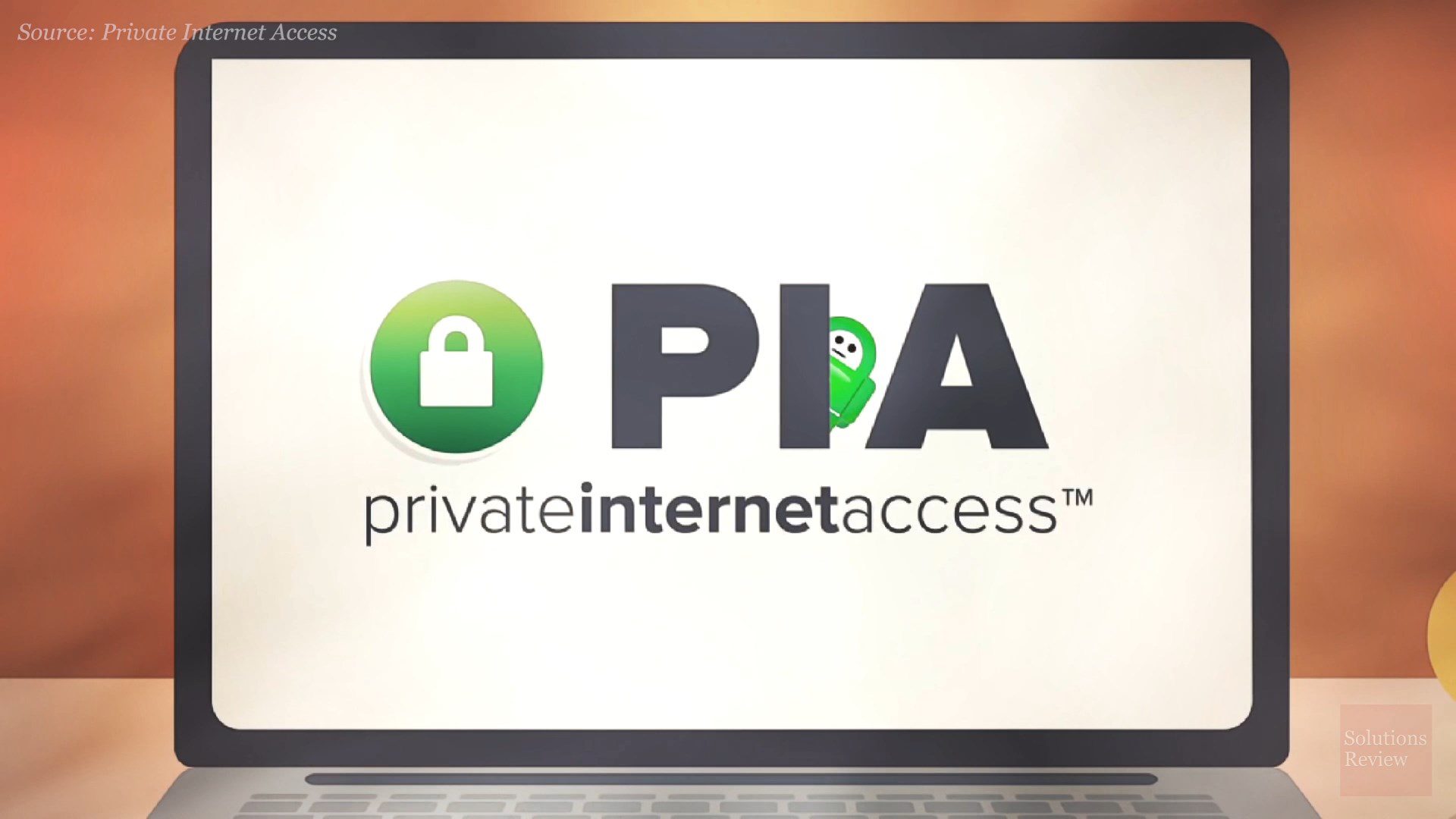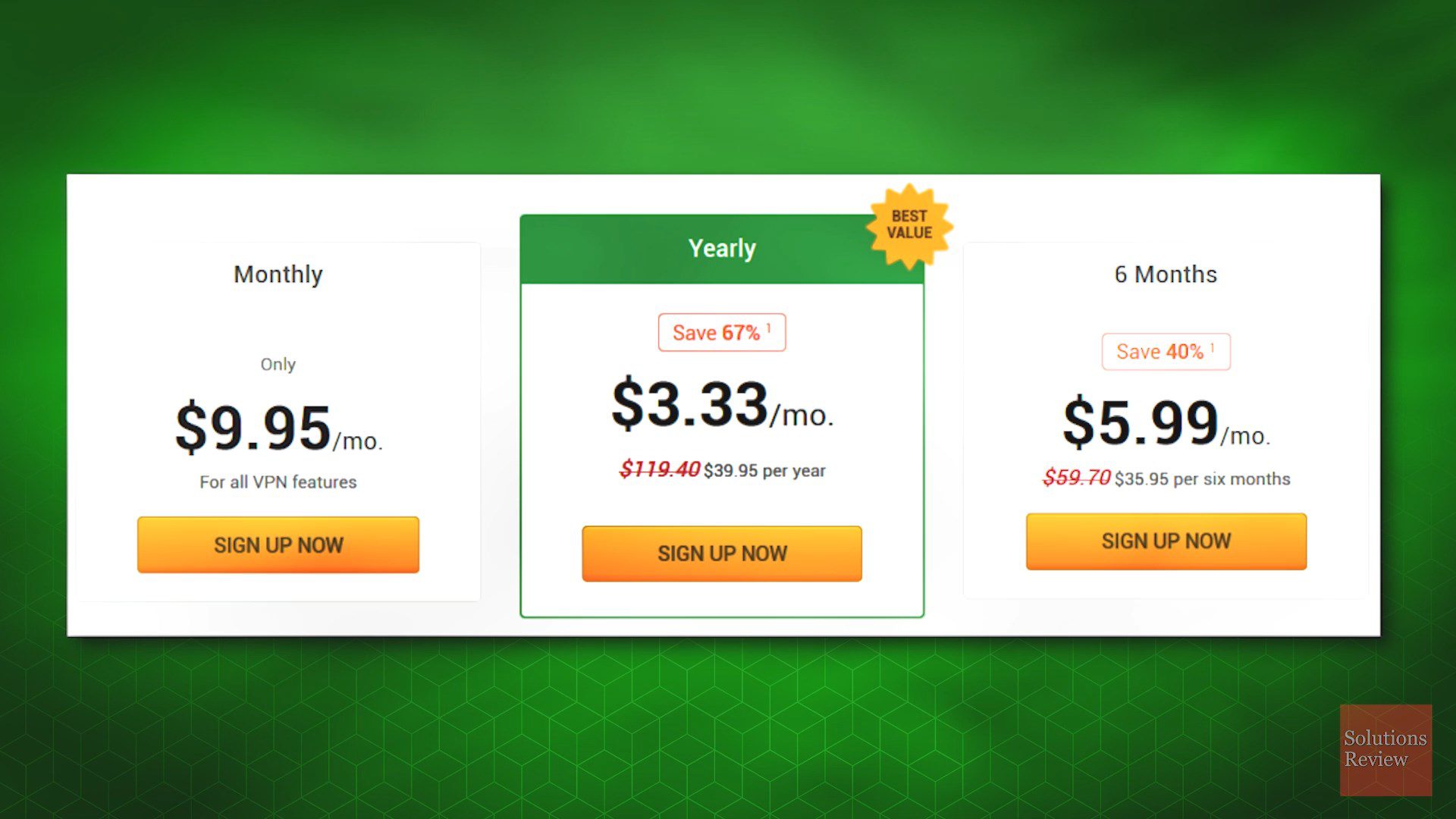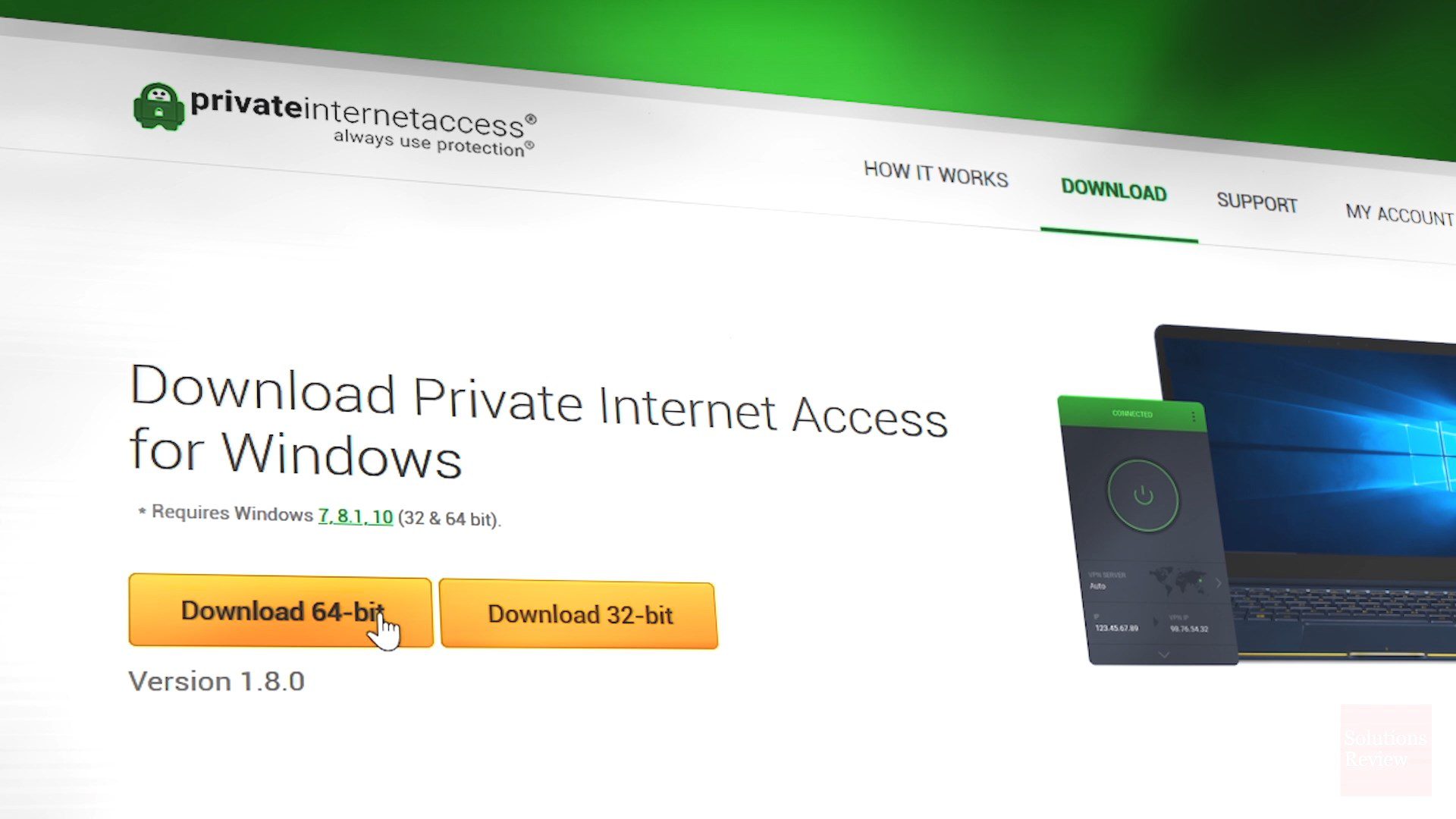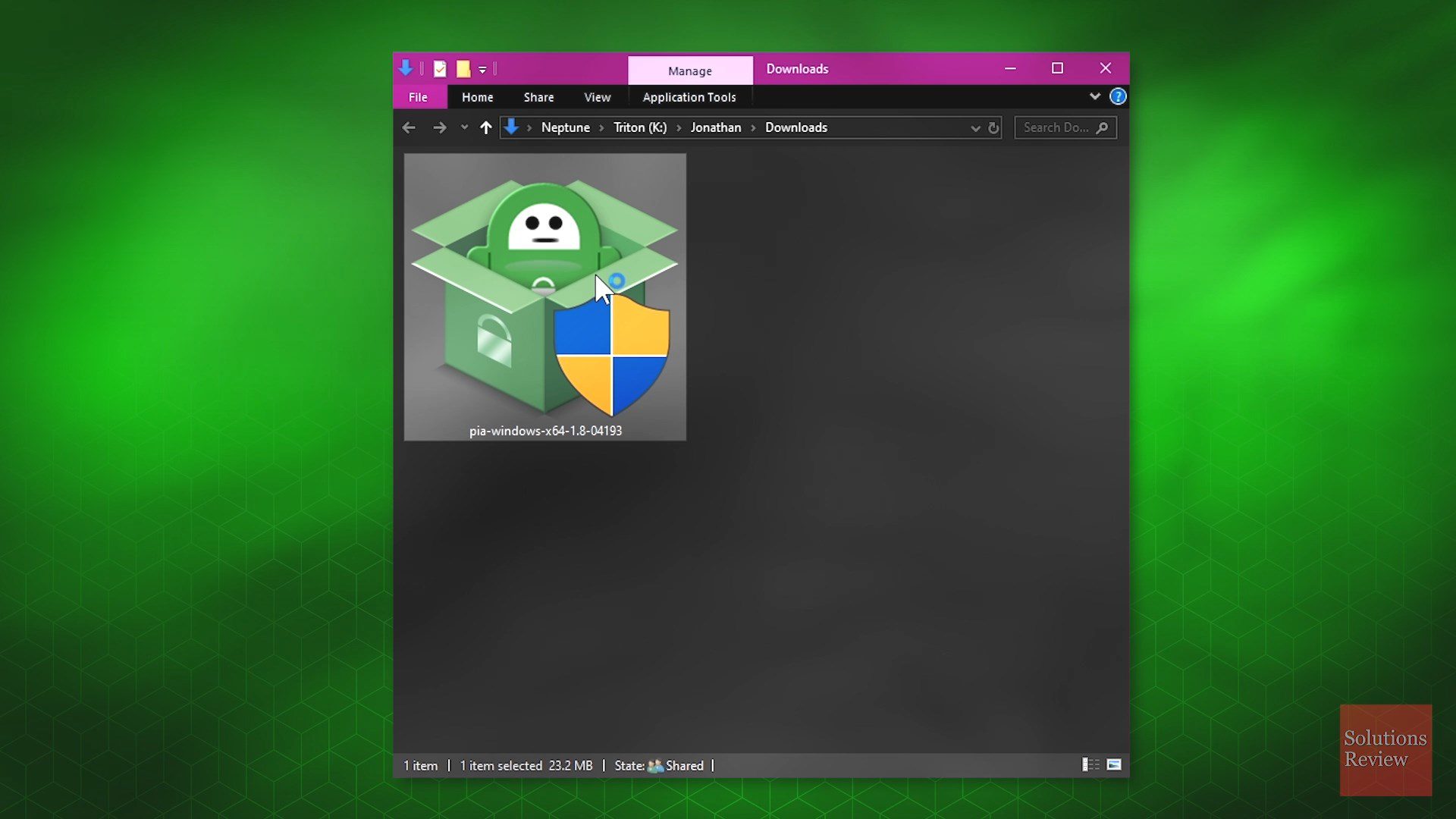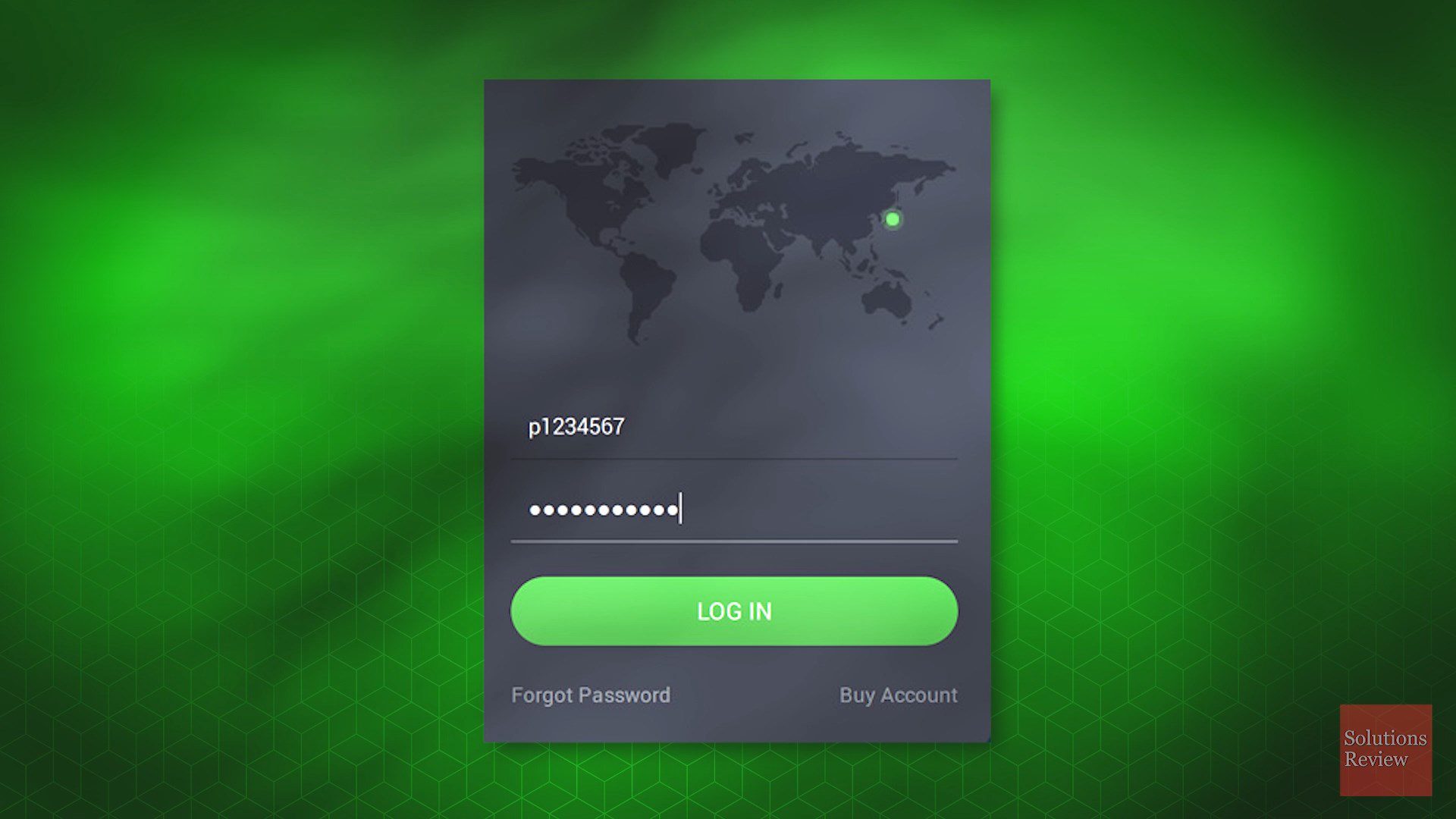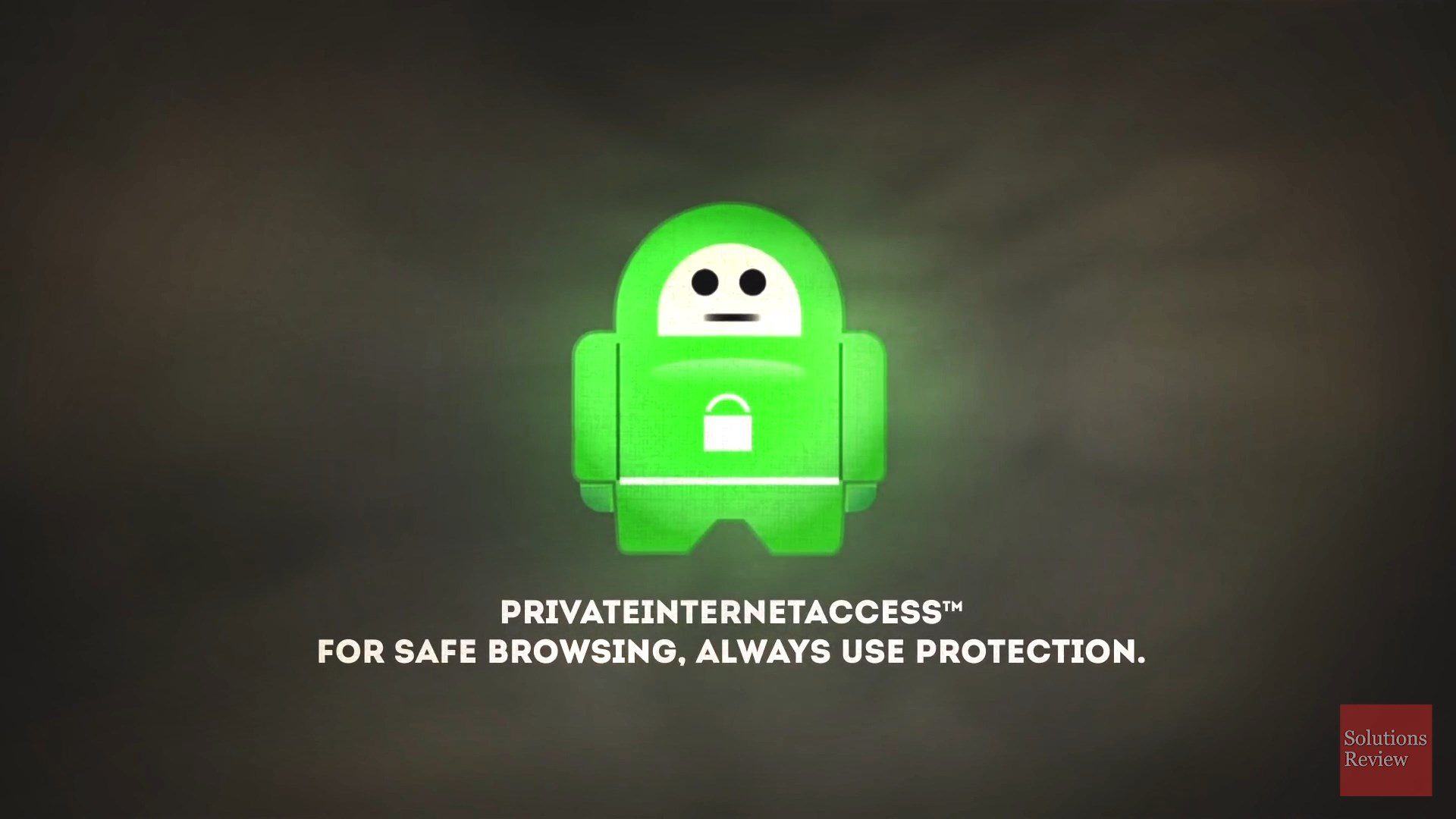How to Use Private Internet Access (PIA): Download + Setup
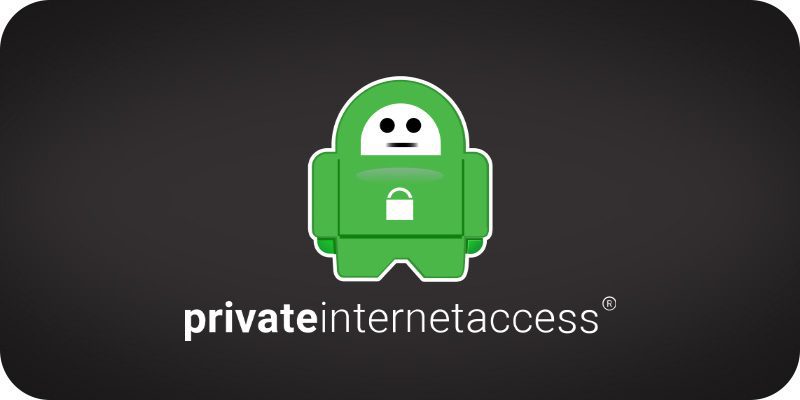
Solutions Review explains the installation process of Private Internet Access, including how to download and set up the tool.
With an increasing number of cyber-attacks on high-profile companies and growing concerns over data privacy, many users are turning to virtual private networks (VPNs) to keep them safe when they’re using the Internet. A VPN protects the online traffic of its customers by masking IP addresses, encrypting network data transfers, and preventing external forces from observing user activity. Many VPNs also allow users to access censored or unavailable content or enable high-speed video streaming from any location.
There are many VPN solutions on the market, but today, we’ll be focusing on Private Internet Access. PIA was founded as Crossrider by Andrew Lee in 2010 – and was acquired by UK-based vendor Kape Technologies (the company that recently acquired ExpressVPN) in 2019. The company operates servers across 78 countries while supporting multiple technologies like PPTP, L2TP/IPsec, SOCKS5, and OpenVPN. And of course, the software is compatible with nearly every device and operating system. Selling for as little as $2.19 a month, it’s also one of the most competitively priced options in the category.
Learn how to sign up for, download, and install Private Internet Access below.
Step 1: Sign Up for Private Internet Access
Obviously, the first step in setting Private Internet Access up is signing up for the service. If you sign up for Private Internet Access via our affiliate link, you can get an exclusive offer on this VPN software. You can sign up for a three-year plan for just $2.19 a month, with PIA also offering a yearly plan for $3.33 a month or a monthly plan for $9.95. Pick whichever plan works best for you! Choose your desired payment plan, enter your payment information, and create an account.
Step 2: Download the Software
Once you’ve signed up for Private Internet Access, it’s time to download the software. The vendor offers numerous versions of its VPN solution that are specifically tailored to devices and operating systems. After you’ve created your account and your order has been processed, select the version of PIA that fits your operating system — whether it be a Windows, macOS, Linux, Android, or iOS device. Then, you can download the installer that’s designed for your system.
Step 3: Install the Program Onto Your Device
After you’ve downloaded the installer, navigate to where you downloaded it and run the executable file. From here, it’s a simple matter of following the on-screen prompts to complete the installation process. PIA’s installer is simple and easy to understand, and after the software has finished installing everything, you’re nearly ready to begin browsing securely.
Step 4: Open the Software and Log Into Your Account
Once the installation process is complete, open the Private Internet Access application to log in and start the VPN software. The software will first prompt you to enter your username and password — use the same information you provided earlier when creating an account.
Step 5: Start Browsing Securely with Private Internet Access
After logging into the program, click the large power button in the middle of the screen to activate the service. Once the software connects to one of PIA’s virtual private network servers, the power button will turn green and the text “Connected” will be displayed at the top. You’re now all set to browse the web securely and privately!
Once you’re connected and configured, PIA’s state-of-the-art, tier-1 multi-gigabit private network will provide online security, protect your identity, allow anonymity, stop eavesdroppers, unblock websites, and grant uncensored access to the internet.
Why Choose Private Internet Access?
There are many different VPN providers on the market, each delivering its own set of advantages and benefits over other solutions. Some of the benefits of using Private Internet Access include:
- VPN security layers. The solution hides user IP addresses and provides an anonymous IP as a substitute, then applies high-grade encryption to secure data transmissions. Private Internet Access runs a firewall to block unwanted connections while delivering optimal performance. Finally, the VPN unblocks websites and Internet services and protects user identities.
- Public WiFi security. Private Internet Access deploys state-of-the-art OpenVPN SSL-based encryption layers over all of its tunneled connections, meaning that users will never operate unencrypted while the VPN is active. This allows companies to safely enable remote work as employees take their devices anywhere.
- Internet of Things security. The vendor provides data encryption services that help protect users against Internet of Things (IoT) devices, especially ones that have been tampered with. The VPN defends against Address Resolution Protocol (ARP) spoofing or poisoning and encrypts data from potentially unsafe devices.
For more info on what the VPN solution can deliver, consult our video guide below.
Click here to sign up for Private Internet Access with an exclusive offer.

